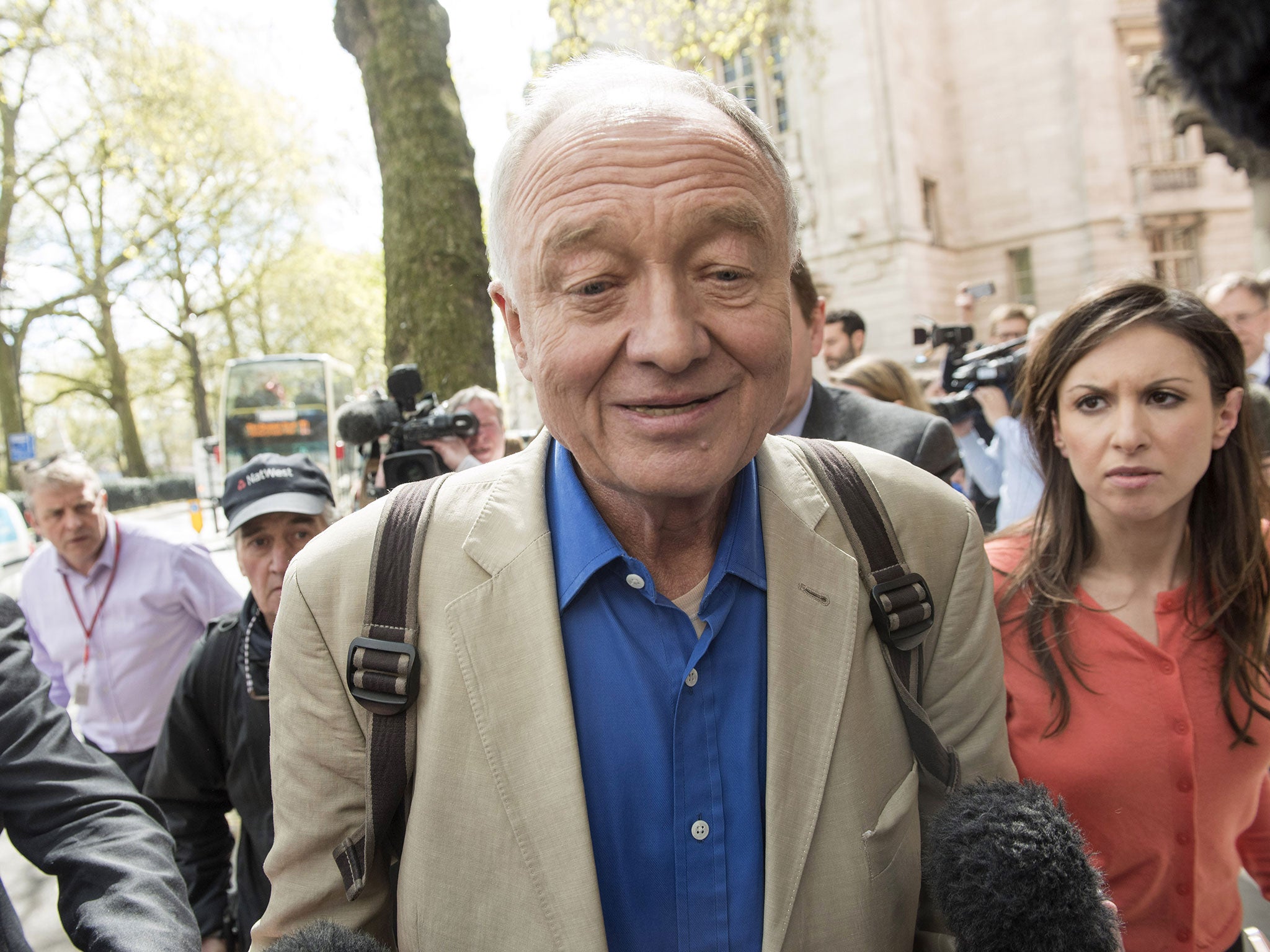This is why antisemitism differs from other racism - and why 'media smears' can't be blamed for Labour's problem
By railing against media ‘smears’ there is a danger of playing into the hands of those who are – and who believe the outrageous conspiracy theories about the world being run by a cabal of Jewish newsmakers


As Labour slowly eats itself over the antisemitism row, the finger of blame is pointed in an ever increasing number of directions.
Ken Livingstone’s bizarre intervention last week – just as the party seemed on the brink of dealing with the Naz Shah episode – was explicable only by reference to his own record. Not only does he symbolise the worst excesses of the unreconstructed, 20th century hard left, but Livingstone also has a habit of adding fuel to fires. The one positive is that the Labour Party has been forced into a proper, internal investigation off the back of his comments.
Livingstone’s comments were so strange – both in their detail and their apparent intent – that no sane voice has been heard in his defence. But then, some things are genuinely indefensible. Even so, Labour is desperate to challenge the narrative that has Livingstone as merely a symptom of a wider problem in the party, one tolerated by its current leadership. The consequence is that we are now hearing some Labourites argue that the criticism of Livingstone, however justified, is primarily being kept up as a means to undermine Jeremy Corbyn – a kind of plot between the Tories and a right-leaning media.
While people like Diane Abbott are right that most Labour members are not antisemitic, by railing against media ‘smears’ there is a danger of playing into the hands of those who are – and who believe the outrageous conspiracy theories about the world being run by a cabal of Jewish financiers, politicians and newsmakers. Indeed, it is that particular belief which lies at the heart of so much antisemitism, on both the right and the left of the political spectrum, and which is one of the factors which marks out anti-Jewish discrimination from other forms of racism and religious intolerance.
The other point which distinguishes antisemitism is the Holocaust. The brutal facts of Hitler’s attempts to destroy Europe’s Jews present a unique set of circumstances because they prove what can happen to virulent racism if left unchecked. It is why antisemitism provokes such unique pangs of anxiety – and why Ken Livingstone’s remarks were so extraordinary.
Yet there are plenty who remain committed to dismissing any notion that antisemitism has specific characteristics. At one end of the scale, this can lead to grumbles about not being allowed to criticise Israeli government policies towards the Palestinians for fear of being called an antisemite. (Sure enough those lines are blurry – as I know, having defended critiques of Israel’s military action in Gaza and been roundly condemned for it.) But at the other end of the scale are the conspiracy theorists I’ve mentioned and, worst of all, Holocaust deniers.
This vile fringe has been given succour by the internet, which allows ‘revisionists’ to plead ‘free speech’ in the name of spreading lies and hate. It is a problem for any news outlet which seeks to engage with its audience online and to encourage comments by readers. The space ‘below the line’ ought to be a forum for genuine debate. But in response to articles about Livingstone’s outburst, Holocaust deniers suddenly appear with alacrity, just as Islamophobes pop their heads above the parapet any time we write about refugees fleeing Syria.
It is enough to make you wonder about the state of humanity. But it also raises practical questions for outlets such as The Independent: do we need to hire dozens of moderators to stem the tide; should we have a longer list of prohibited terms so we can automatically filter out the worst comments; or ought we simply to close comment boards? The more steps we take, the more we will be accused of stifling debate; hold back and ever more bile will slip through. Whatever course we steer, one thing is plain: responsibility for combatting discrimination lies with every right thinking person – it isn’t a subject for buck-passing.


